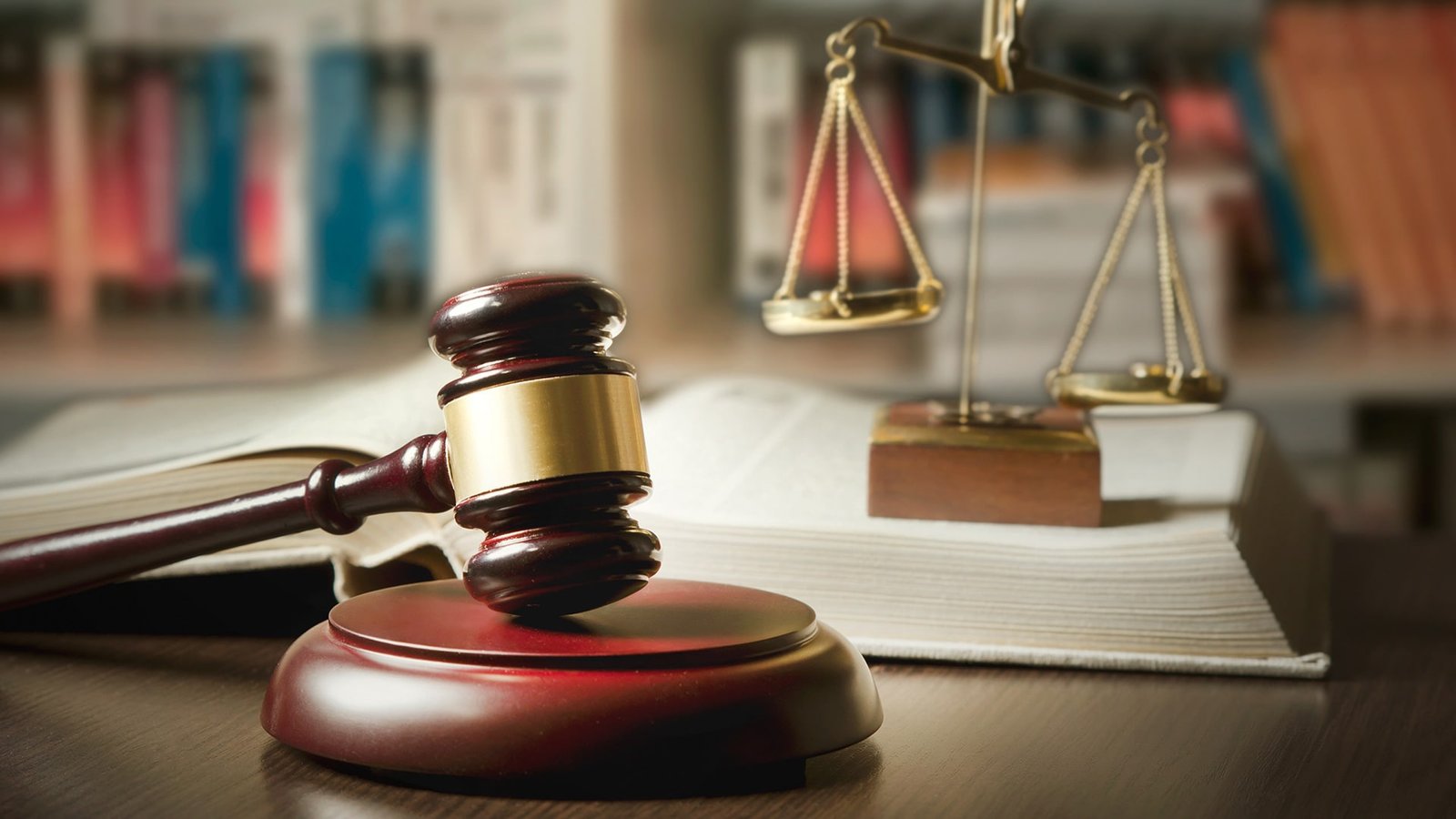Dubai, an emirate renowned for its economic prosperity and cosmopolitan lifestyle, presents a unique and multifaceted legal environment. For criminal lawyers in Dubai, success hinges on their ability to adeptly navigate a legal system characterized by its blend of traditional Islamic law and contemporary legal principles. This article explores the nuanced ways in which criminal lawyers in Dubai effectively maneuver through this complex legal landscape.
Understanding the Dual Legal System
Sharia Law and Federal Law Integration
Dubai’s legal framework is a complex amalgamation of Sharia (Islamic) and federal laws. Sharia law, derived from the Quran and Hadith, primarily governs personal status matters such as marriage, divorce, and inheritance. However, it also influences aspects of criminal law, especially concerning moral and ethical offenses.
Federal laws enacted by the UAE’s Federal National Council cover a broad spectrum of criminal activities, including economic crimes, drug offenses, and traffic violations. Criminal lawyers in Dubai must be well-versed in both legal traditions. They need to understand how Sharia principles and federal regulations interact, as this interplay can significantly affect the strategy and outcome of a case.
Jurisdictional Complexity
Dubai operates under a dual jurisdictional system, combining federal laws with local regulations unique to the emirate. Federal laws provide a uniform legal framework across the UAE, while local laws address specific issues pertinent to Dubai. For instance, Dubai has enacted business practices and public conduct regulations that can impact criminal proceedings.
Criminal lawyers must navigate these layered jurisdictions to ensure comprehensive legal representation. They must be familiar with federal statutes and Dubai’s local regulations to craft effective legal strategies and ensure compliance with all applicable laws.
Navigating Legal Procedures and Protocols
Court Systems and Procedures
Dubai’s court system consists of several tiers, including the Court of First Instance, the Court of Appeal, and the Court of Cassation. Each level has specific procedural rules and standards of evidence. Criminal lawyers must understand the procedural nuances at each stage to effectively represent their clients.
For example, the Court of First Instance deals with initial hearings and evidence presentation, while the Court of Appeal reviews decisions from the lower court. The Court of Cassation handles appeals on legal grounds. Criminal lawyers need to strategize accordingly, preparing for different stages of litigation and adapting their approach based on the court’s requirements.
Evidence and Documentation
In Dubai, the admissibility of evidence can be influenced by both Sharia and federal laws. Criminal lawyers must be adept at gathering, presenting, and challenging evidence in ways that align with the legal standards set by both legal systems. This requires meticulous attention to detail and a thorough understanding of acceptable evidence under Sharia and federal guidelines.
Documentation is also crucial. Lawyers must ensure that all legal documents, from initial complaints to detailed evidence submissions, comply with the procedural requirements of the relevant court. Proper documentation can significantly impact the case’s progress and outcome.
Building Effective Legal Strategies
Case Analysis and Preparation
Successful criminal lawyers in Dubai conduct thorough case analyses to develop robust legal strategies. This involves examining the case’s specifics, including the evidence, legal precedents, and applicable laws. Lawyers often engage in detailed legal research to identify relevant case law and statutes that could influence their case.
Preparation also involves anticipating the arguments and strategies of the opposing side. Criminal lawyers can prepare rebuttals and strengthen their cases by understanding the potential counterarguments. This proactive approach is essential for effectively navigating the complexities of Dubai’s legal system.
Negotiation and Settlement
In many criminal cases, negotiation and settlement can play a critical role. Dubai criminal lawyers often negotiate with prosecutors or opposing counsel to reach favorable settlements for their clients. This requires strong negotiation skills and understanding the legal and procedural factors influencing settlement outcomes.
Negotiations may involve plea deals, charge reductions, or alternative sentencing options. Lawyers must be adept at balancing their clients’ interests with the realities of the legal system to achieve the best possible outcome.
Managing Cultural and Social Nuances
Understanding Local Customs and Norms
Local customs and societal norms deeply influence Dubai’s legal system. Criminal lawyers must be culturally aware and sensitive to these factors. Understanding local values and social expectations can significantly impact how legal arguments are framed and presented.
For instance, certain offenses may be viewed more severely due to cultural attitudes, and lawyers must navigate these perceptions when defending their clients. Demonstrating respect for local traditions and norms can also help build rapport with judges, prosecutors, and other legal professionals.
Communicating with Clients and Authorities
Effective communication is a cornerstone of successful legal representation. Criminal and family lawyers in Dubai must be able to convey complex legal concepts to their clients, ensuring they are well informed and involved in their cases. This includes explaining legal processes, potential outcomes, and the implications of various legal strategies.
Lawyers must communicate effectively with local authorities, including law enforcement and court officials. Building professional relationships and maintaining clear lines of communication can facilitate smoother legal proceedings and contribute to a more favorable outcome.
Addressing Challenges and Adapting Strategies
Navigating Legal Reforms
Dubai’s legal landscape is dynamic, with ongoing reforms and updates to laws and regulations. Criminal lawyers must stay informed about these changes to ensure their practices remain current and effective. This may involve attending legal seminars, engaging in continuous legal education, and monitoring legislative developments.
Adapting to legal reforms can be challenging, often requiring updating legal strategies and practices. Criminal lawyers proactively embracing these changes are better positioned to provide effective representation and achieve successful outcomes.
Managing High-Profile Cases
Handling high-profile criminal cases can be particularly challenging. These cases often attract significant media attention and public scrutiny, which can pressure the legal process. Criminal lawyers must navigate the complexities of such cases while maintaining a high standard of professionalism and ensuring their client’s rights are protected.
Managing public relations and media interactions may also be part of the strategy. Lawyers must balance the need for confidentiality and the impact of media coverage on the case.
Conclusion
Criminal lawyers in Dubai achieve success by expertly navigating the nuanced legal system shaped by the interplay of Sharia and federal laws. Their ability to manage complex legal procedures, build effective strategies, and address cultural and social nuances is crucial in this multifaceted legal environment. By continuously adapting to legal reforms, maintaining strong professional relationships, and leveraging their deep understanding of the legal framework, Dubai criminal lawyers can effectively represent their clients and achieve favorable outcomes.










